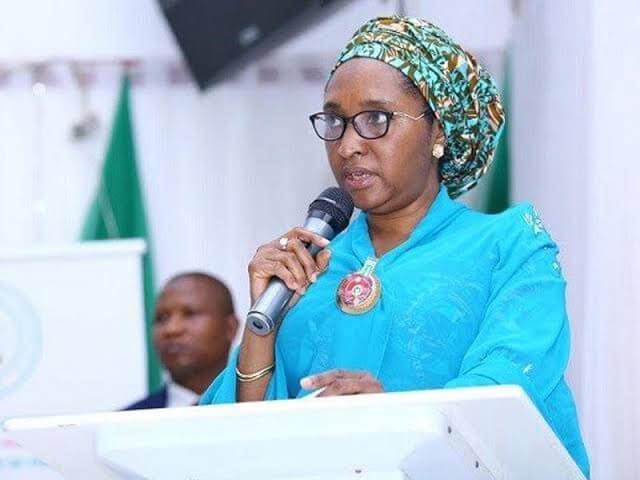2020 Budget: FG proposes reduction of oil benchmark from $57 to $30 per barrel

The Federal Government on Wednesday proposed the reduction of oil benchmark, upon which the 2020 budget was predicated, from $57 to $30 per barrel.
The development follows a meeting between the executive arm of government and the leadership of the National Assembly in Abuja to assess the effect of the raging coronavirus outbreak on global economy and to chart a way forward.
According to Senate President Ahmed Lawan, the meeting which lasted for four hours was summoned to “discuss the proposed review of the 2020 budget and the Medium Term Expenditure Framework.”
Speaking during the meeting, the Minister of Finance, Zainab Ahmed canvassed a review of the 2020 budget using a $30 per barrel price benchmark as against $57 initially passed in December by the National Assembly.
The minister stated such measure has become imperative to grapple with the plummeting prices of crude oil across the globe, despite being the country’s major driver of the economy.
In the same vein, the minister told the leadership of the National Assembly that budgeted revenues for the Nigeria Customs Service have been reduced from N1.5 trn to N943bn “due to anticipated reduction in trade volumes”.
“The privatisation proceeds will be cut by 50 per cent, based on the adverse economic outlook on sales of the Independent Power Projects and other assets,” she said.
Other measures stated by the minister include cuts to Revenue-related expenditures for the Nigerian National Petroleum Corporation for several projects included in the 2020 Appropriation Act passed by the National Assembly in December 2019.
Ahmed added: “The Federal Government is working on Fiscal Stimulus Measures to provide fiscal relief for taxpayers and key economic sectors.
“We will incentivise employers to retain and recruit staff during the economic downturn.
“We will stimulate investment in critical infrastructure; review non-essential tax waivers to optimise revenues, and compliment monetary and trade interventions to respond to the crisis.”

